
July 22, 2021
The Industry Agenda: Big Pharma
In 2019, Gallup found that the pharmaceutical industry was “the most poorly regarded industry in Americans’ eyes,” and rightfully so. Pharmaceutical companies often set drug prices exorbitantly high, including life-saving drugs which patients literally cannot go without, such as insulin. This includes older drugs that are cheaper to produce — such as epinephrine (emergency medication used to treat severe allergic reactions and asthma attacks). These firms achieve this by stifling competition at the consumer’s expense, jealously protecting their money-makers from the generics which the pharmaceutical system is supposed to develop after a patent expires.
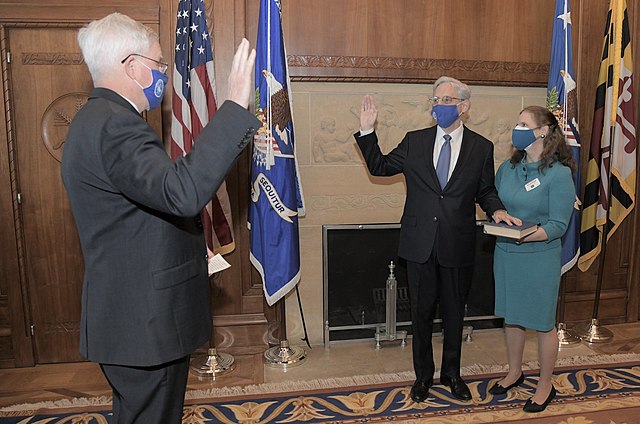
July 15, 2021 | The American Prospect
To Build Back Better, Biden Needs to Promptly Staff the Department of Justice
Numerous positions are vacant, threatening progress in a host of areas.
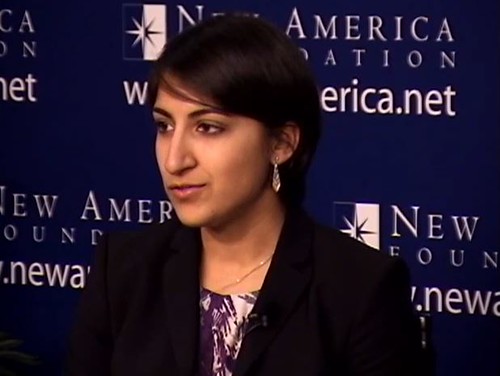
June 15, 2021
Other Bold Nominees Must Follow Khan To DOJ And FTC
Lina Khan alone cannot bring in a new age of American trust-busting. Biden still has yet to name his assistant attorney general for antitrust halfway through his first year in office.
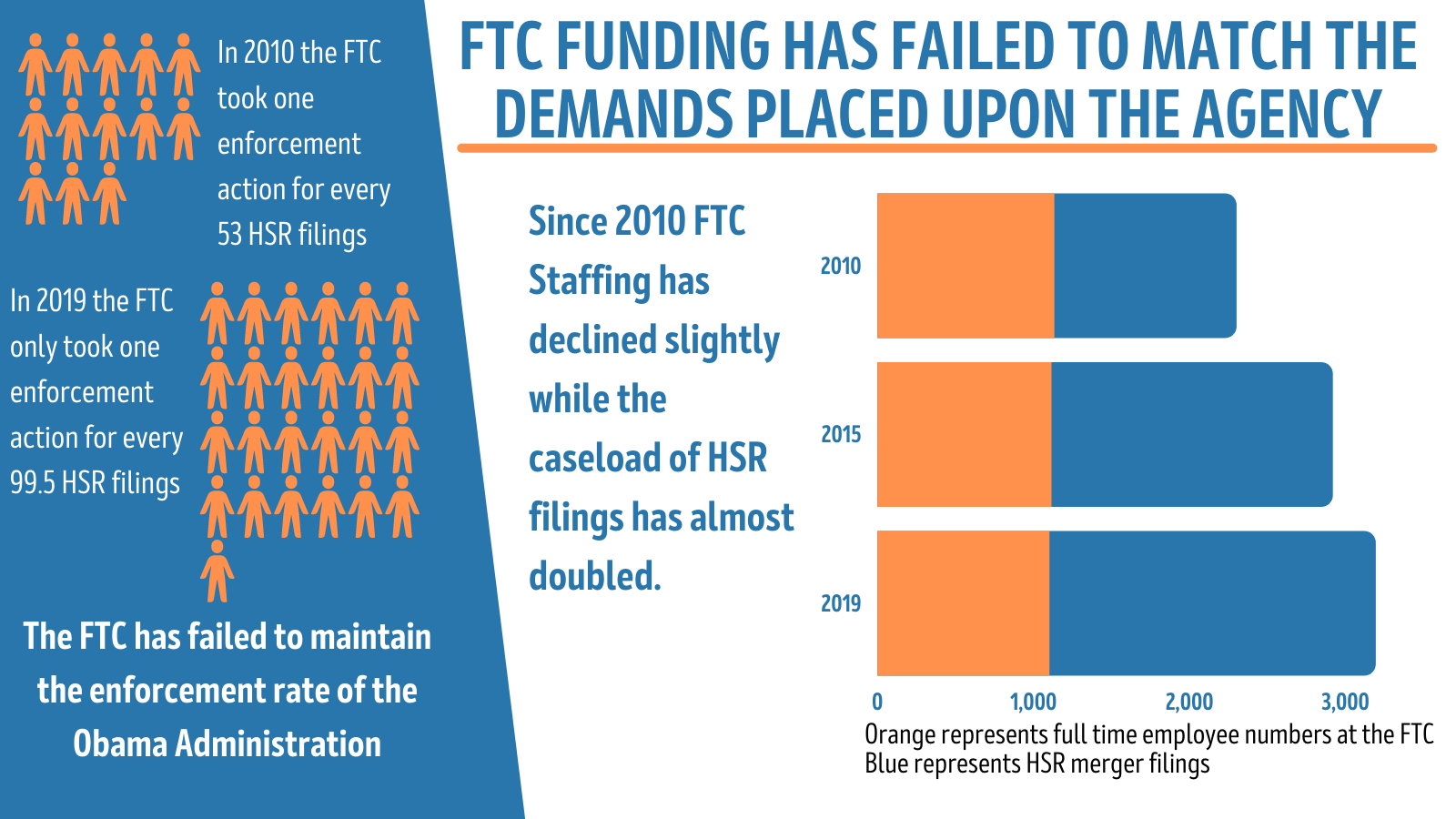
May 28, 2021
Hobbled FTC Lacks Budget To Combat Corporate Buying Spree
Progressives have been encouraged by President Biden’s choices of anti-monopoly leadership in Lina Khan, Tim Wu, and (potentially) Jonathan Kanter. But in the interregnum between personnel announcements and actual confirmations, corporations are getting as many transactions done now as possible. And while the Biden Administration seems on the precipice of reining in the power of Big Tech and other monopolists soon, the FTC, one of the two agencies charged with enforcing antitrust law, continues to be hobbled by chronic underfunding.

May 17, 2021
Revolver Spotlight: Howard Shelanski
Shelanski, Obama’s second OIRA administrator, now represents monopolies like Facebook and Tyson Foods. His regulatory skepticism and disdain for the emerging antitrust movement would make him a disastrous pick for any role in the Biden administration.

April 19, 2021 | The Daily Beast
Silicon Valley’s Favorite Fixer Aims to Stop the Rising Left
But the old guard continues to wield significant power and will be hard pressed to admit defeat, as exemplified by political strategist Bradley Tusk’s continued success. Some might recall Tusk as New York Mayor Bill De Blasio’s biggest critic. Others know him best as Silicon Valley’s favorite political fixer. Teachers’ unions probably remember him comparing them to the NRA. Tusk’s particular brand of politics—lobbying against regulation on behalf of companies he then invests in—in some ways represents the last gasp of corporate control over government that has run rampant since the Reagan era.
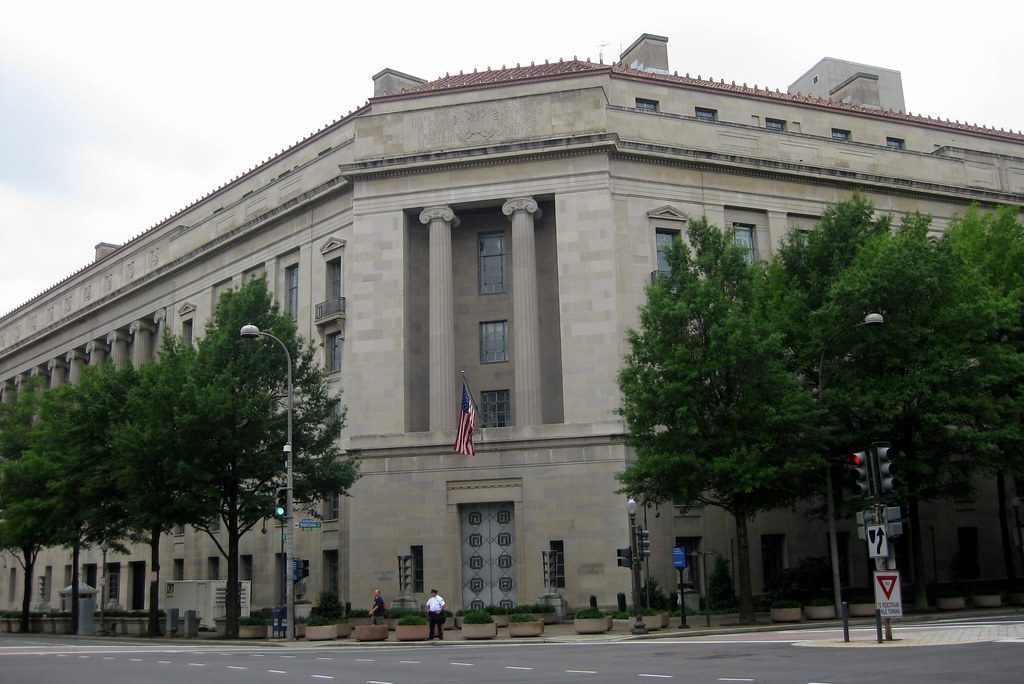
March 31, 2021
Facebook Strengthens Defenses Against Break Up By Hiring Another DOJ Antitrust Official
Another day, another former antitrust enforcer defecting for the corporate world. In the months since President Joe Biden promised to pursue more aggressive antitrust enforcement, former antitrust officials have become an even hotter commodity in the private sector. Douglas Rathbun is the latest official to jump ship from the increasingly central world of antitrust enforcement to the more lucrative world of defending the status quo. Rathbun is a former counsel for the Antitrust Division’s Office of Legal Policy and has advised the Division on administrative and regulatory matters as well as guided nominees to senior leadership positions. According to his LinkedIn, Rathbun elected to cut out the BigLaw middleman and join a corporation directly: this month he joined Facebook to work on public policy.
March 16, 2021
Revolver Spotlight: Einer Elhauge
Reports that Harvard Law Professor Einer Elhauge is being considered for a role in the Biden Administration should be treated with extreme caution due to his history of ties to Big Tech and work for the Republican Florida legislature in 2000. Although we at RDP applaud Elhauge’s recent pivot to support strengthening antitrust laws, we urge the Biden Administration to hold appointees to the highest possible standard. In particular, helping promulgate the absurd theory in 2000 that state legislatures can overrule elections conducted under laws they have passed should be disqualifying for any individual attempting to serve in the Biden Administration.
March 09, 2021
Letter To Biden Chief of Staff Ron Klain Regarding Amazon And Google Influence Over Antitrust Appointments
It is precisely Amazon’s monopolistic power which gives us concern. Such a powerful corporation will no doubt expend enormous political and economic capital to limit the power of anti-monopoly forces and their ability to curb its power.
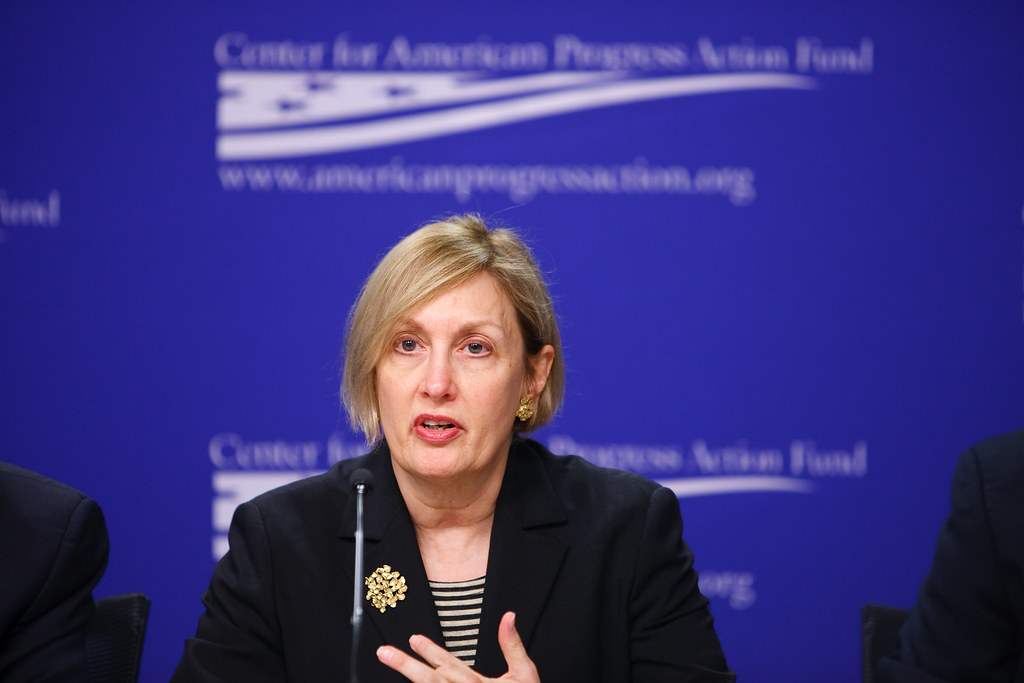
February 23, 2021 | Jacobin
INTERVIEW: Who Is Merrick Garland's Friend Jamie Gorelick?
Jamie Gorelick, a high-powered lawyer who defended the city of Chicago after the police murder of Laquan McDonald and sits on the board of Amazon, is a case study of the influence big corporate law firms wield behind the scenes in Washington — and she has friends like Merrick Garland in high places in the Biden administration. The Revolving Door Project’s Elias Alsbergas and Max Moran spoke with Jacobin’s Alex N. Press about what Gorelick’s ties to Garland could mean for the Biden Administration’s Justice Department.
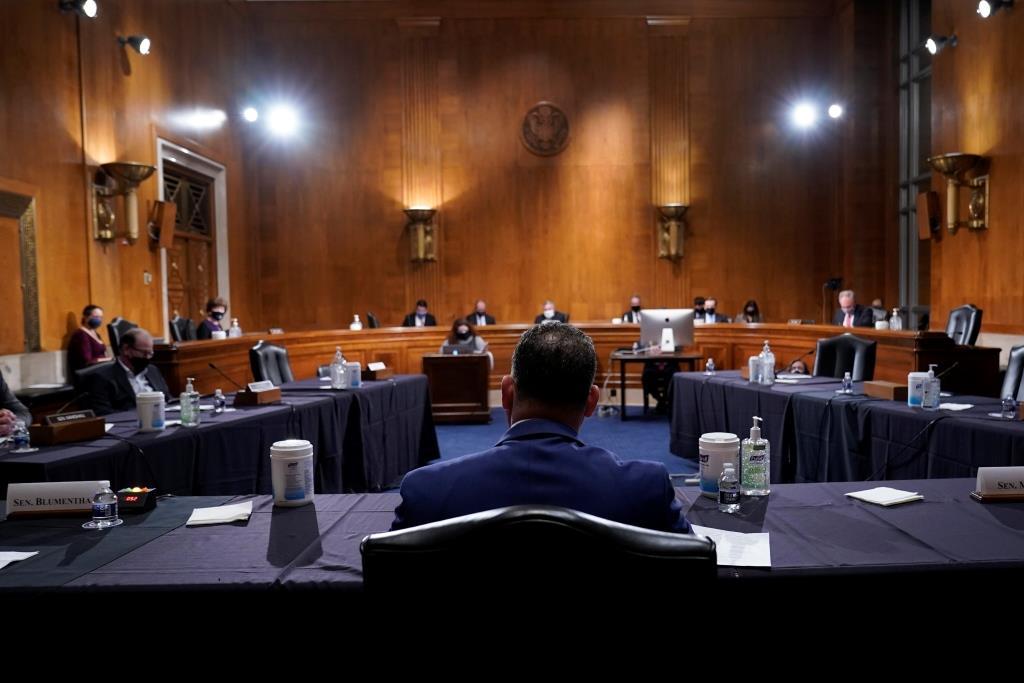
February 22, 2021 | The American Prospect
Acting Officials Can Govern for Years. They Deserve Scrutiny.
Little attention is paid to acting officials, who hold jobs temporarily while permanent appointees go through lengthy confirmation processes. President Biden should choose personnel for these acting positions wisely.

February 15, 2021
Trump Appointees Still Setting Agenda At Biden’s Antitrust Division
Last week the Biden administration appointed career civil servant Richard Powers as Acting Assistant Attorney General for the Department of Justice Antitrust Division (ATR). With the question of who will become Assistant Attorney General still up in the air and their confirmation likely several months away, the direction of the ATR’s enforcement is left in the hands of three top officials.

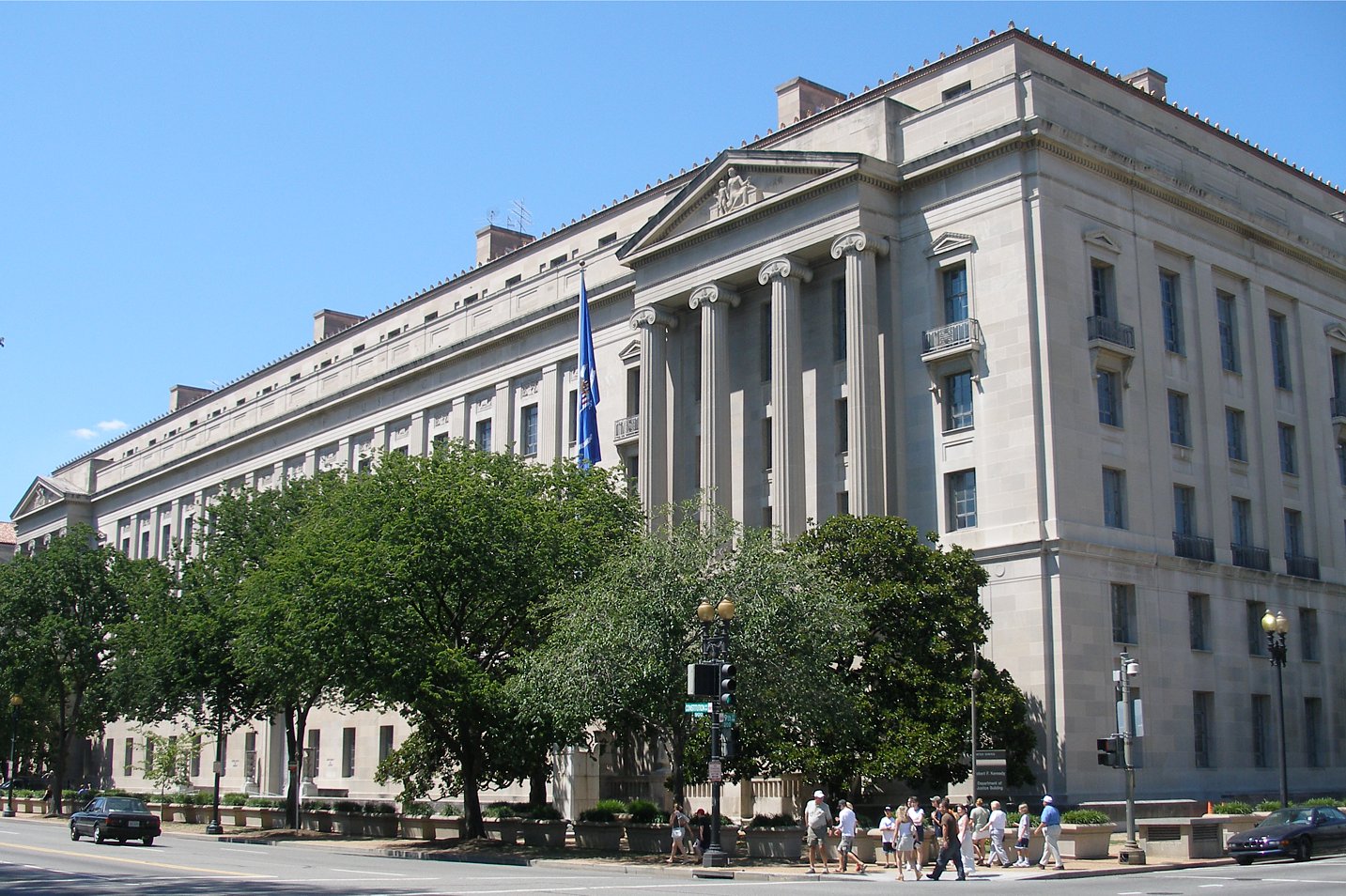
January 22, 2021
Right-Wing “Holding Pen” Firm May Snag Antitrust Division If Susan Davies Is Appointed
In a disappointing continuation from the Trump Administration, Politico reported last week that a Kirkland & Ellis lawyer is in contention to help lead the Department of Justice, raising serious concerns among anti-monopoly advocates. According to the article, Susan Davies, a litigation partner at Kirkland, might be the next assistant attorney general for antitrust.

January 22, 2021
Big Tech’s Top Picks to Lead DOJ Antitrust Division
Big Tech has a huge stake in who Biden ultimately staffs his antitrust and tech regulators. These individuals will decide how aggressively to carry out Biden’s promises of reining in the political and market power of these companies. If Big Tech gets its way, Biden will staff his antitrust teams with its attorneys and allies, who have pushed back against calls to break up these monopolies and protected them against regulation and enforcement. But if Biden wants to keep his campaign promises to take on monopolies, he must shut the revolving door between the federal government and Big Tech. That starts by rejecting for top jobs the following Big Tech allies.
